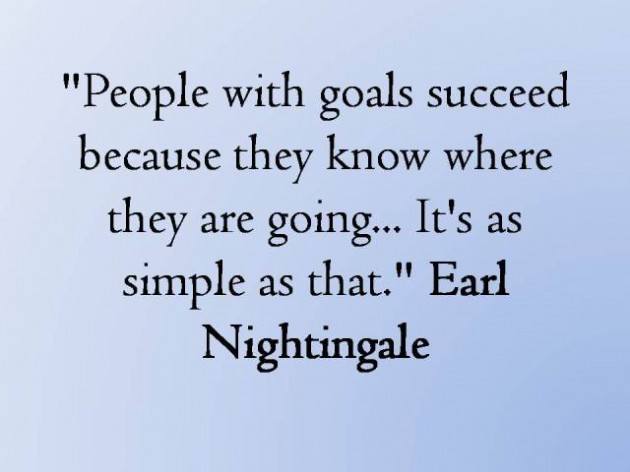
Goal tending is a term I use not to describe an aspect of sporting passions such as soccer or hockey, but to describe the necessary skill of breaking down desires into distinct digestible parts.
By identifying and breaking down goals into specific “sub-parts” one can begin to visualize and plan small steps that culminate into a larger accomplishments.
As a physician, I routinely use sharp, specific goal setting as a tool to help my patients make necessary health or lifestyle changes.
I share the following experience in hopes of helping my readers and patients find new ways to overcome illness, achieve success, and find everyday brilliance in life……
I like to make goals for everything. Take the Olympus Project for instance. This project was a personal experiment in fitness and nutrition. My desire was to see how far whole food, low carbohydrate dieting combined with intense strength and endurance training could change my body in 12 weeks. Additionally, I had the goal of leading my readers and patients by example, encouraging health through fitness and proper diet–NOT PILLS.
The very first step of the Olympus Project was to outline, “What do I hope to accomplish? In twelve weeks, what do I hope to achieve by following a daily pre-planned workout routine?”
The Olympus Project helped clarify the necessary elements to achieving change and overcoming obstacles to success.
GOAL TENDING LESSONS
1. Goals need to be interesting and bold:
During the first few weeks of the Olympus Project I became more aware that I underestimated my ability. In fact, I quickly noticed greater gains in strength and endurance than initially expected. Additionally striving for something incredible or exciting generates enthusiasm and helps start momentum. Shoot for the moon….but prepare to work to get there!
2. Goals need to be specific:
“In the next 12 weeks I will lose 3 % body fat…” This gives a concrete, tangible outcome to strive for and a yardstick to measure accomplishment. Without specificity one loses sight of the goal. The goal becomes vague. Vague goals get lost and never accomplished.
3. Goals must be measured:
What good is a goal of losing 3 % body fat in 12 weeks if I don’t measure before, after and periodically in between? How do you know if your goal was ever reached? This point seems really simple, but so often when I counsel patients on needed lifestyle or dietary changes they leave without ever boiling their desires down to a specific goal and formulating a strategy to measure their progress. What happens if they don’t reach the goal……? How will they know if their goal was too small? How will you know when to reset and push to higher levels without measurement?
“That which gets measured, gets managed.”–Peter Drucker, Management Theorist
4. Goals must be Tended:
You must reflect and review goals periodically (daily, weekly, etc.) You must adjust goals depending on progress. You must celebrate accomplishments and avoid minimizing your victories. I often ask patients to write their most important goals down on a small sheet of paper folded into fourths.
5. Goals must be broken into digestible parts:
The junkyard of broken dreams and goals is filled with goals that weren’t broken down into smaller daily, weekly steps. For instance, wanna lose 20 pounds in 2 months? Well there are 60 days of decisions between now and the defined finish line….what will you do each day….each baby step….to get to 20 pounds?
Example: “I will lose 20 pounds in 2 months”
Micro Goals:
1. I will not drink soda or alcohol x 60 days
2. I will walk 20 min 3 x weekly
3. I will drink 8 ounces of water before each meal, 3 x daily
Will this get you to 20 pounds? Maybe, maybe not….but it’s DEFINED….you have a plan and a defined timeline and measurable goal.
You’ve broken the larger goal into smaller, clear, baby-steps.
In my personal life and work with patients attempting to change habits in clinic, I believe defining 12 week goals works best for several reasons. First, twelve weeks provides ample time to make huge changes on many fronts. Second, 12 weeks is short enough to keep your attention. Lastly, 12 weeks is long enough to develop long term habits and substantial positive momentum.
Goal setting is not a new topic. But in light of health related endeavors I cannot overemphasize the requirement for a clear purpose, defined plan, and daily small steps towards one’s goals.
I look forward to sharing in your successes!
Action is the simplest way to avoid procrastination. Get up and throw yourself into the battle. You must know your #1 priority and attack it with great energy.–Bedros Keuilian
Your point of view caught my eye and was very interesting. Thanks. I have a question for you.